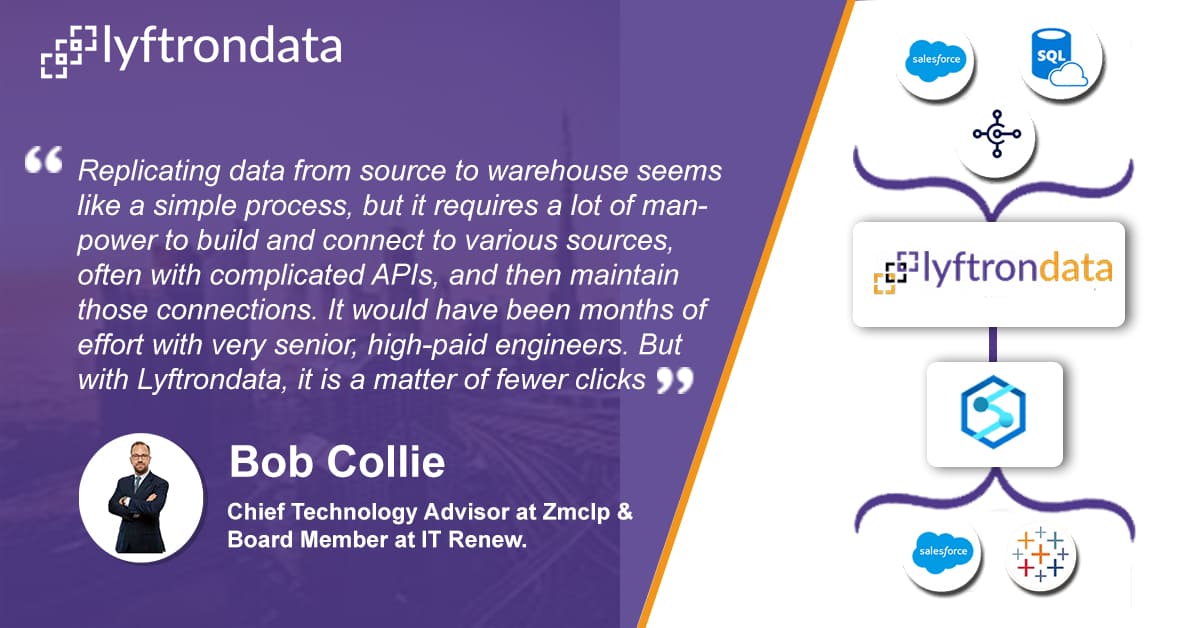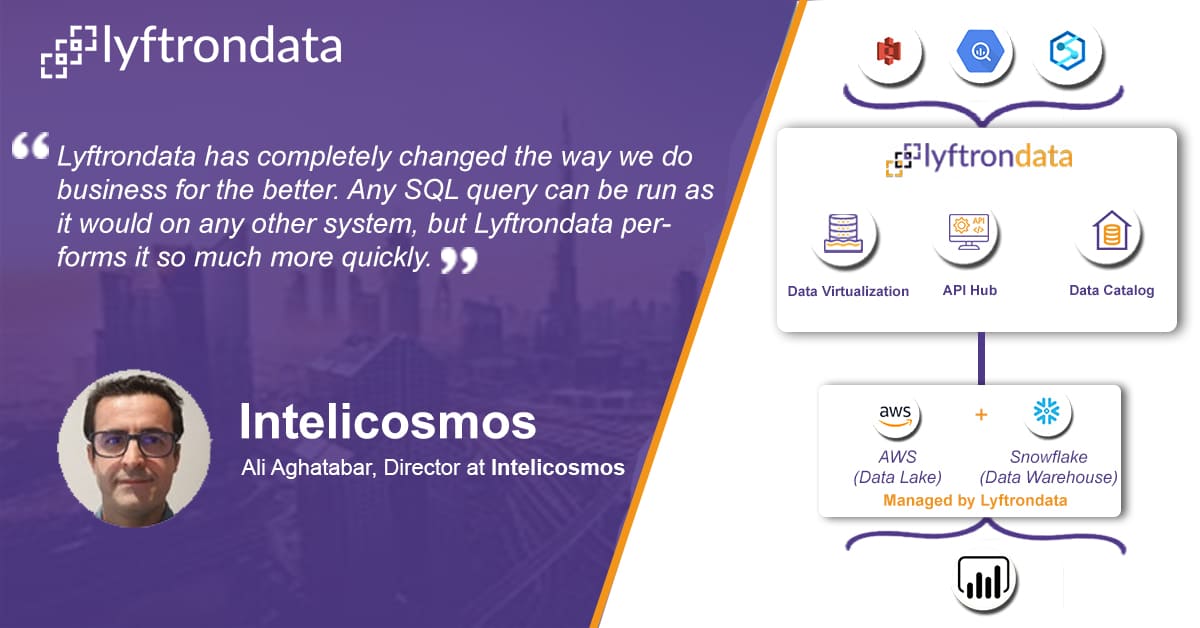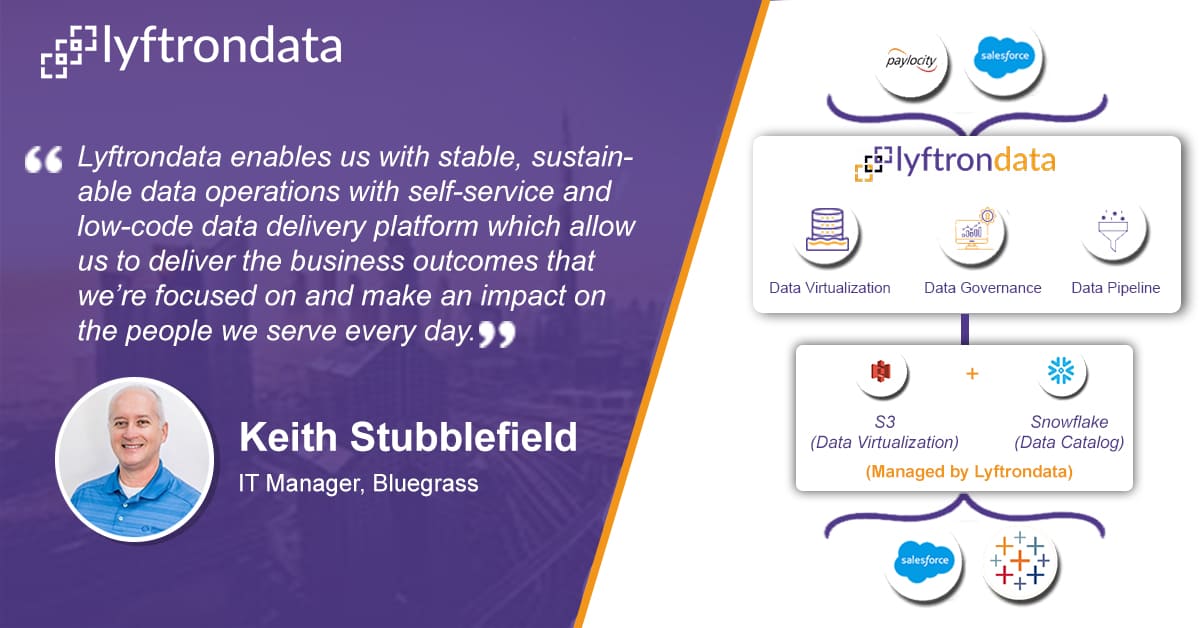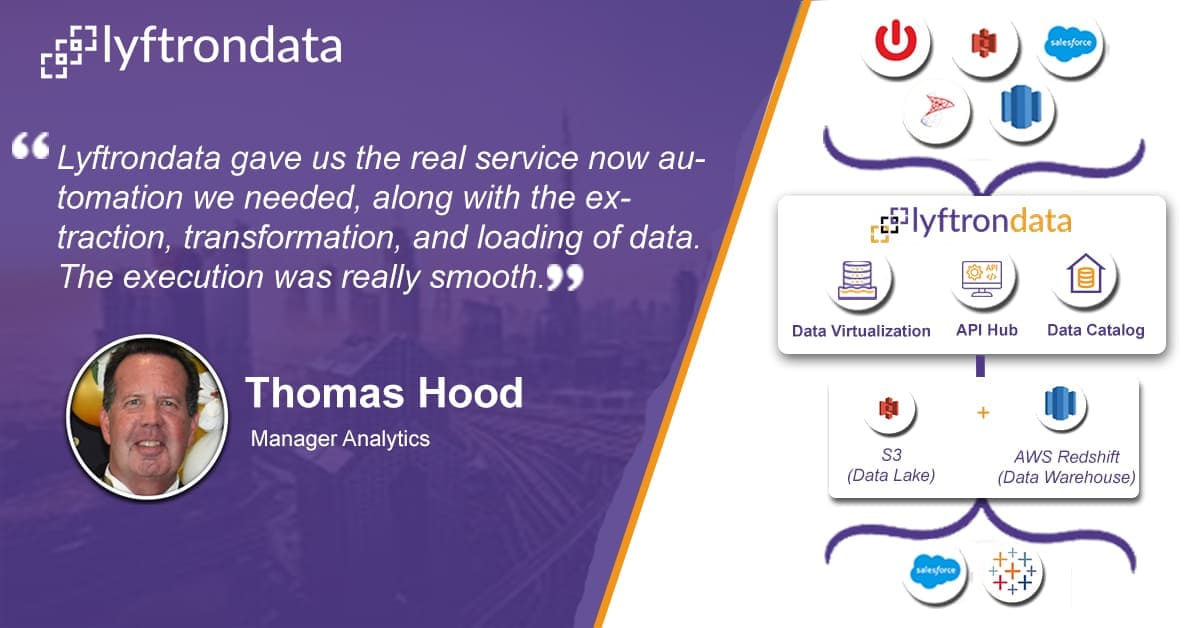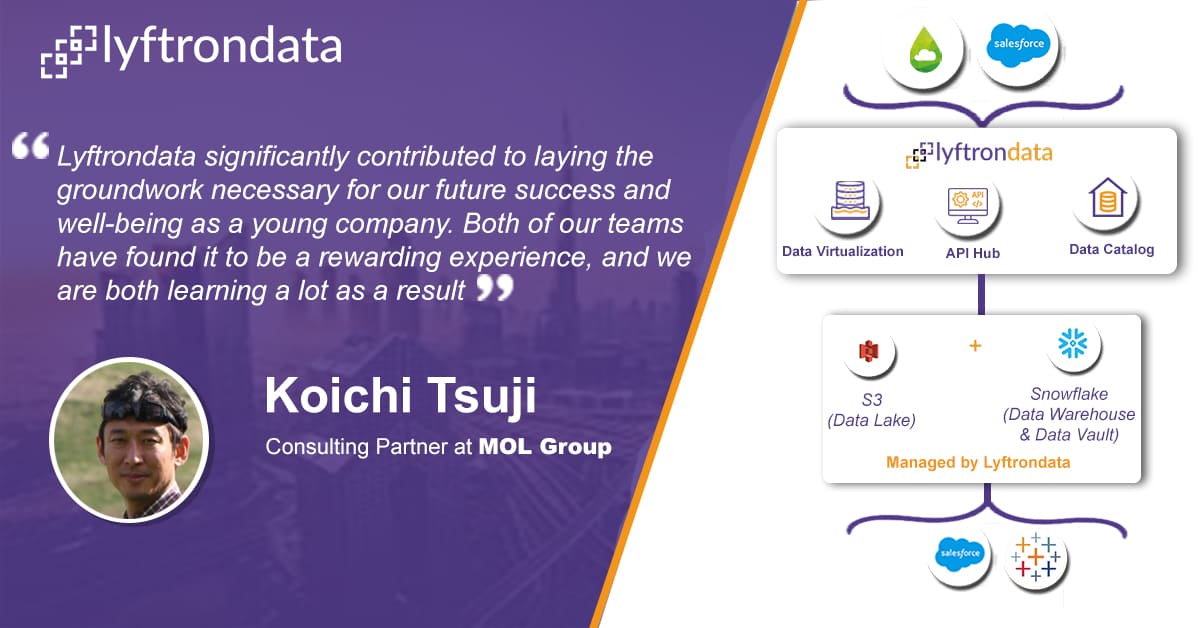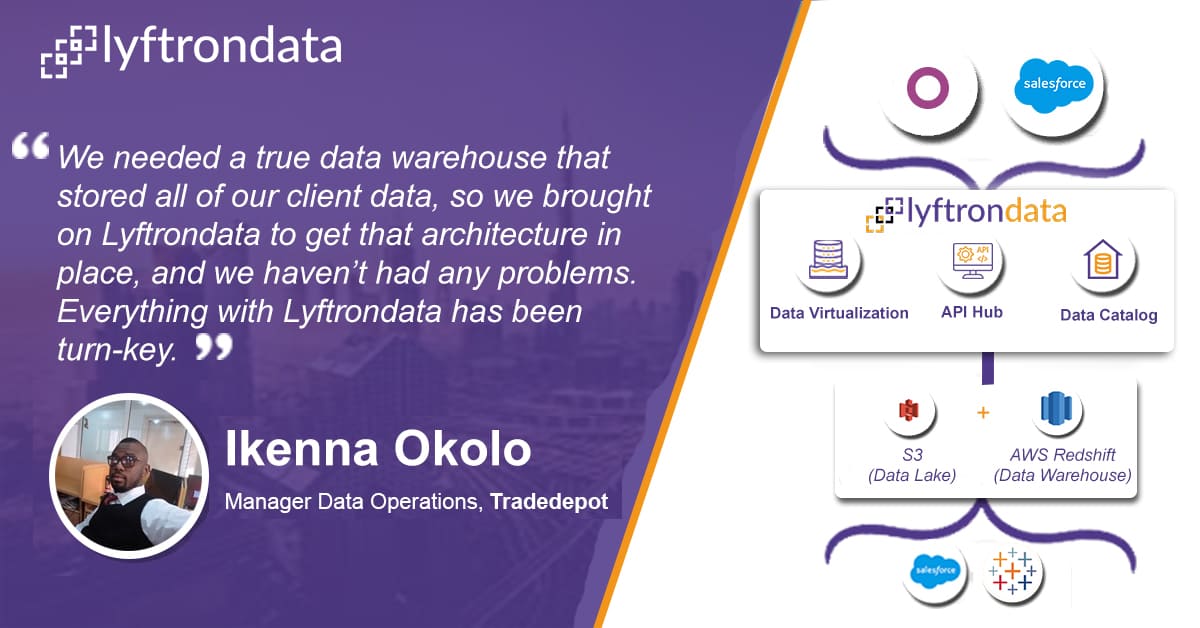200X Acceleration at
1/10th of the cost
Zero
maintenance
No credit card
required
Zero coding
infrastructure
Multi-level
security
Simplify MaxDB integration in
4 simple steps
Create connections
between MaxDB and targets.
Prepare pipeline
between MaxDB and targets by selecting tables in bulk.
Create a workflow
and schedule it to kickstart the migration.
Share your data
with third-party platforms over API Hub

Why choose Lyftrondata for MaxDB Integration?


Simplicity
Build your MaxDB pipeline and experience unparalleled data performance with zero training.

Robust Security
Load your MaxDB data to targets with end-to-end encryption and security.

Accelerated ROI
Rely on the cost-effective environment to ensure your drive maximum ROI.

Customer's Metrics
Track the engagement of your customers across different channels like email, website, chat, and more.

Improved Productivity
Measure the performance of your team and highlight areas of improvement.

360-degree Customer View
Join different data touch points and deliver personalized customer experience.
Hassle-free MaxDB integration to the platforms of your choice
Migrate your MaxDB data to the leading cloud data warehouses, BI tools, databases or Machine Learning platforms without writing any code.
Hear how Lyftrondata helped accelerate the data journey of our customers
FAQs
What is MaxDB?
MaxDB is a relational database management system (RDBMS) originally developed by SAP. It is designed for high-performance database operations and is often used in enterprise environments. MaxDB provides features for data management, security, and scalability, making it suitable for applications that require reliable and efficient data storage and retrieval.
What are the features of MaxDB?
Relational Database Management:
MaxDB is a relational database system that uses tables, rows, and columns to organize data. It supports SQL (Structured Query Language) for data manipulation and querying.
Performance Optimization:
It includes performance-enhancing features such as indexing, query optimization, and caching to improve query execution times and overall database efficiency.
Scalability:
MaxDB is designed to handle large volumes of data and support high transaction loads, making it suitable for enterprise applications that require scalability.
Data Security:
MaxDB provides robust security features, including user authentication, role-based access control, and data encryption, to protect sensitive information and ensure compliance with security policies.
What are the shortcomings of MaxDB?
Limited Development and Support:
As SAP has shifted its focus to other database technologies, such as SAP HANA, the development and support for MaxDB may be limited. This could affect updates, new features, and long-term viability.
Complexity:
MaxDB can be complex to configure and manage, particularly for organizations not familiar with its architecture or for those without dedicated database administrators.
Performance Optimization:
While MaxDB includes performance optimization features, achieving optimal performance for very large datasets or high transaction volumes may require significant tuning and expertise.
Scalability Limitations:
Although MaxDB supports scalability, there may be limitations or challenges when scaling to very large systems or extremely high transaction loads, requiring careful planning and resources.
Make smarter decisions and grow your sales with Lyftrondata MaxDB integration





